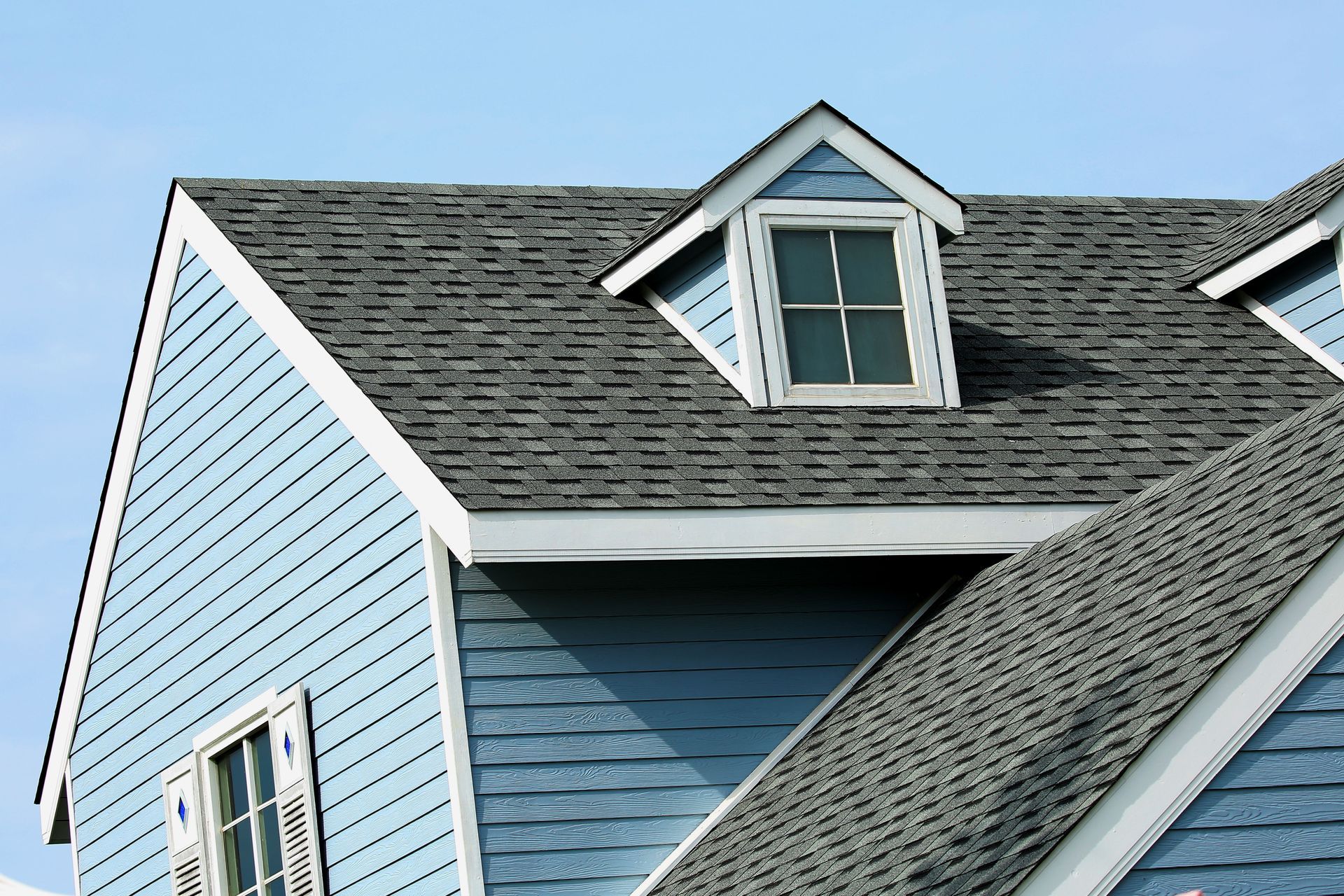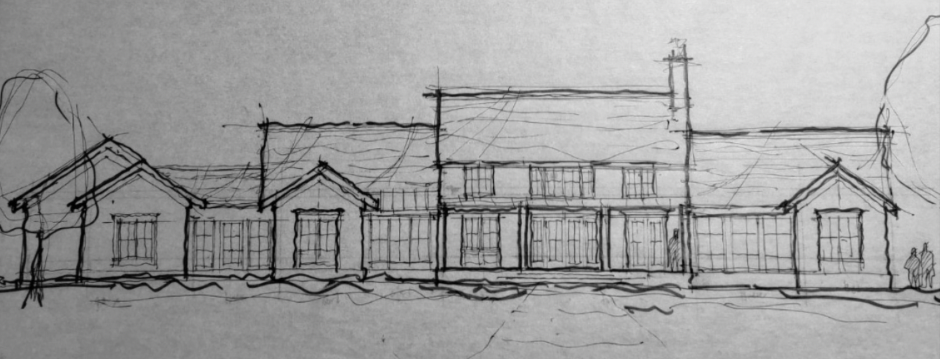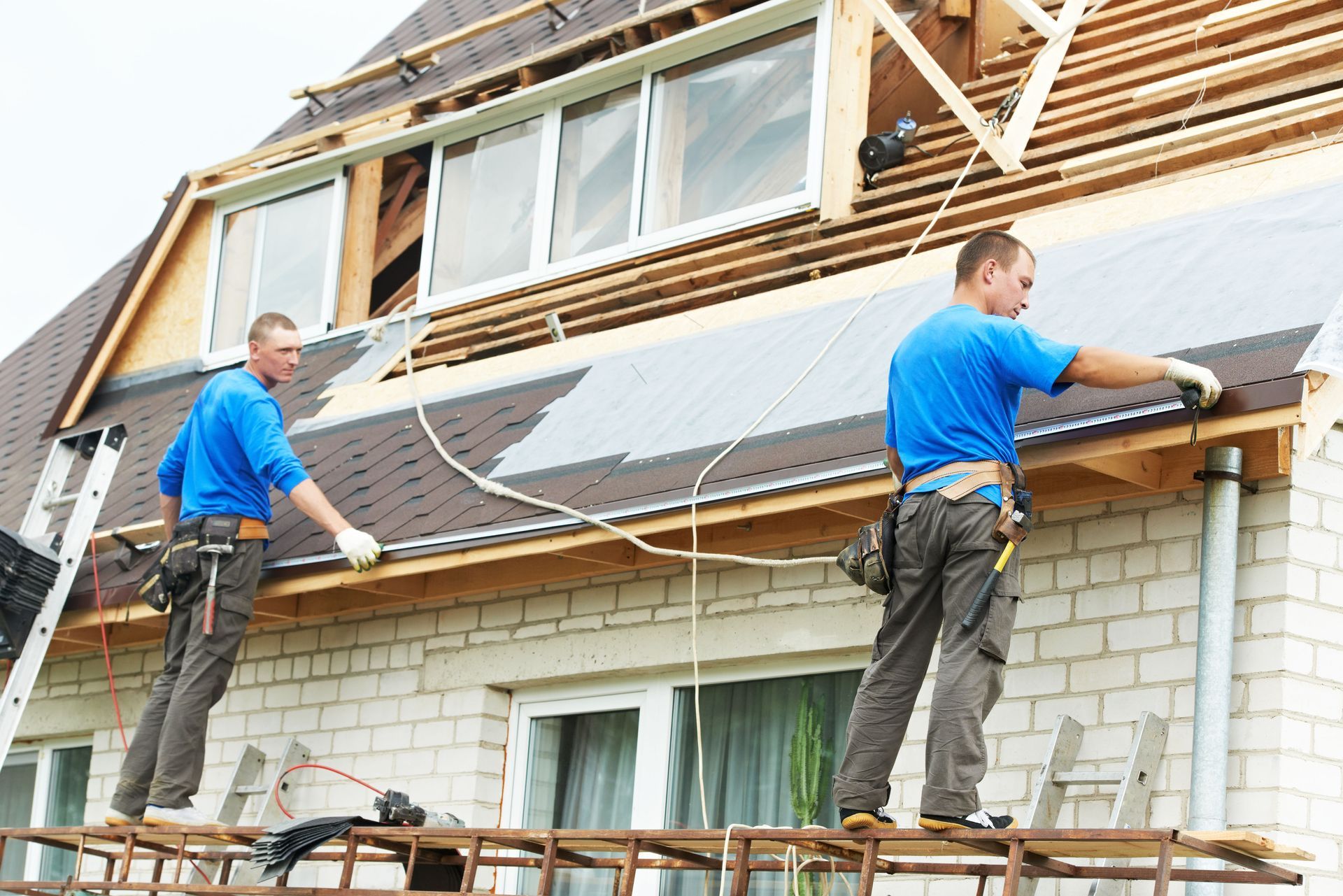3 Tips for Managing Your Budget During Your Custom Home Project
Building a custom home is an exciting opportunity to create a living space tailored to your specific needs and style. However, the process can be complex and requires careful financial planning to stay within budget. According to USAToday.com, more than one-third of homeowners exceeded their home renovation budget, highlighting the importance of managing costs effectively. To help you navigate your custom home building project without overspending, here are three essential budgeting tips.
1. Set a Realistic Budget and Stick to It
The first step in managing your budget is to establish a clear and realistic financial plan. Factor in all costs, including land purchase, permits, materials, labor, and unexpected expenses. In our experience, a good rule of thumb is to allocate at least 10–15% of your total budget for contingencies, ensuring you're prepared for any unforeseen challenges.
When working with custom home building contractors, be upfront about your budget limitations and request detailed cost estimates. This transparency allows the team to recommend materials and design choices that align with your financial plan while still meeting your aesthetic goals.
2. Avoid DIY Solutions
While it might be tempting to take on certain tasks yourself to save money, DIY solutions can often lead to costly mistakes in custom home building projects. Complex aspects such as electrical wiring, plumbing, and structural work require professional expertise to ensure quality and compliance with building codes. Attempting these tasks without proper knowledge can result in safety risks, delays, and additional expenses to correct errors.
Instead, rely on experienced professionals who specialize in custom home building. Their expertise not only ensures the work is done correctly but also helps you avoid costly setbacks. Budgeting for skilled labor is an investment in the long-term success and safety of your home.
3. Prioritize Features Wisely
Custom home building offers endless possibilities, but not every feature needs to be included all at once. Start by identifying must-haves versus nice-to-haves, focusing on features that enhance functionality and add lasting value to your home. This prioritization helps allocate your budget toward essential elements while saving other upgrades for later phases if needed. For example, you might prioritize high-quality kitchen appliances and energy-efficient systems now while deferring luxury landscaping or decorative add-ons until your budget allows.
Managing your budget during a custom home building project requires careful planning, professional guidance, and strategic prioritization. By setting a realistic budget, avoiding DIY risks, and focusing on what matters most, you can achieve your dream home without financial stress. For trusted expertise in custom home building, contact Albertine Company, LLC today. Let us help you turn your vision into reality with quality craftsmanship and unmatched service!




Share On: